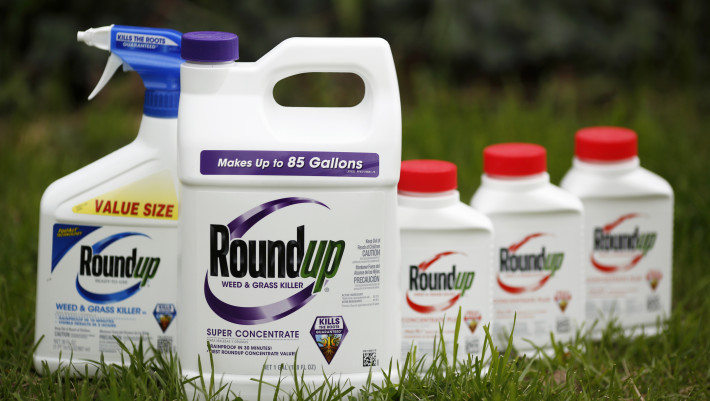
Source: Law360
The proposed class, led by named plaintiff Lisa Jones, asked a Missouri federal court on Monday to approve the deal, saying the fund, none of which will revert to Monsanto if money is left over, represents a fair settlement that will benefit not only the plaintiffs in this case, but also the general public by changing the products’ labels.
In the February 2019 suit, Jones says Monsanto falsely claimed through its labeling that glyphosate, the active ingredient in Roundup, targets an enzyme that is only found in plants and would therefore not affect people or pets. According to the suit, that enzyme is in fact found in people and pets and is critical to maintaining the immune system, digestion and brain function.
Glyphosate Box
Glyphosate Residue Free Certification for Food Brands – Click Here
Test Your Food and Water at Home for Glyphosate – Click Here
Test Your Hair for Glyphosate and other Pesticides – Click Here to Find Out Your Long-Term Exposure
According to Monday’s motion, the litigation in other cases against Monsanto over Roundup — including Blitz v. Monsanto in Wisconsin federal court — contributed to the settlement, as discovery conducted in Blitz was applied to this case.
The plaintiffs in Blitz made similar claims against Monsanto in June 2017. After their class certification was denied in January 2019, named plaintiff Thomas Blitz opted to continue his action individually. He filed a stipulation of voluntary dismissal in his case on Monday, according to court documents.
The proposed class in Jones’ case seeks to represent all people in the U.S. who bought Roundup that included the claim that glyphosate targets only plants within the applicable statutes of limitations for false advertising or breach of warranty in their states.
Of the $39.5 million settlement fund, up to $1.3 million will go to administrating the settlement, and Monsanto has agreed not to contest attorney fees of up to 25% of the amount available to the class.
